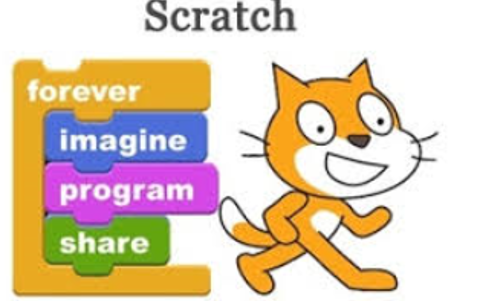Design a quiz - Convicts: crime and punishment
Students design and create a simple game/quiz to demonstrate convict crimes and punishments.
Additional details
| Year band(s) | 3-4 |
|---|---|
| Content type | Lesson ideas |
| Format | Web page |
| Australian Curriculum Digital Technologies code(s) |
AC9TDI4P04
Implement simple algorithms as visual programs involving control structures and input
AC9TDI4P05
Discuss how existing and student solutions satisfy the design criteria and user stories |
| Keywords | Convicts, Quiz, Branching, Decision making, Scratch, Visual programming, Algorithms, Coding |
| Organisation | ESA |
| Copyright | Creative Commons Attribution 4.0, unless otherwise indicated. |
Related resources
-

Classroom ideas: Choose your own adventure (Years 3-6)
In Digital Technologies, students from Year 3 onwards should be planning and implementing projects that include branching (decision-making). Creating a ‘choose your own adventure’ story is an excellent way for students to design and implement a project that makes use of branching.
-

Computational thinking poster
A poster/infographic that gives a brief overview of the concepts related to computational thinking.
-
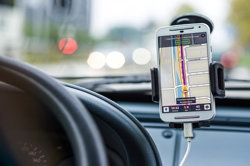
Understanding digital systems (Years 3-4)
Simple ideas for learning about digital systems in the classroom.
-
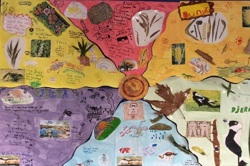
Classroom ideas F-10: Aboriginal and Torres Strait Islander connections to Digital Technologies
This resource provides examples of ways Aboriginal and Torres Strait Islander Histories and Cultures can be integrated into Digital Technologies. Examples include 'classification and sorting data' and 'designing solutions'.
-
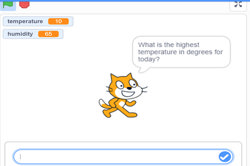
Visual programming with Scratch (Years 3-6)
This resource comprises a collection of sample activities that incorporate visual programming (Scratch) into teaching and learning programs.
-
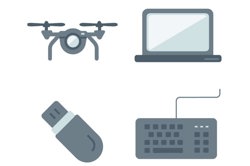
Digital systems cards
These cards can be used for activities to support building knowledge and understanding of digital systems with a focus on the components of digital systems; in particular, hardware and peripheral devices.
-

Robots, data and computational thinking (Years 2-4)
This classroom resource comprises four worksheets to accompany a lesson on data and computational thinking. These materials are designed for teachers to use simple line-following robots (Ozobots) to engage students in the computational thinking process and working with data.
-
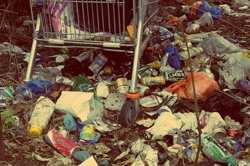
Collecting data about litter in the community (Years 3-4)
The litter students find in the local environment can provide a good source of data. The interpretation of this data can help students answer a range of inquiry questions.
